The fluctuations in the U.S. stock market have captured the attention of investors, illustrating a complex interplay of optimism, concerns, and sector dynamics that are shaping financial landscapes. On August 27, data revealed that the three principal indices experienced modest gains, with the Dow Jones Industrial Average reaching a new record closing high of 41,250.50 points, up 9.98 points, while the S&P 500 rose by 8.96 points to close at 5,625.80. The Nasdaq Composite similarly climbed, ending the session at 17,754.82 points, a rise of 29.06 points.
Amidst this backdrop, a notable decline was observed in the shares of Advanced Micro Devices (AMD), which fell by 2.6%. This drop was directly linked to a report released by Hindenburg Research, which raised serious questions regarding AMD's accounting practices. The firm asserted that there were concerning signs related to undisclosed related-party transactions, suggesting a need for careful scrutiny of AMD's operations. Hindenburg's findings spurred investor apprehensions about the implications for AMD's future performance, especially in a market that is increasingly driven by advancements in artificial intelligence.
The focus this week is undoubtedly on NVIDIA’s earnings report, as market analysts and investors alike are keenly awaiting insights into the health of the artificial intelligence sector. Bank of America analyst Ohsung Kwon emphasized the importance of this upcoming report, suggesting that the ongoing discussions regarding potential interest rate cuts by the Federal Reserve may hinge significantly on NVIDIA’s performance review. Powell’s remarks at the Jackson Hole conference have left many with the expectation of a rate decrease by September, heightening the need for strong earnings reports to maintain investor morale.
As NVIDIA prepares to unveil its quarterly earnings, analysts have noted that this report could serve as a bellwether for the entire tech sector. The prowess of NVIDIA in the AI market makes its financial disclosures pivotal, as any signs of underperformance could lead to a downturn not only for NVIDIA but also the broader artificial intelligence stock domain. Current predictions suggest NVIDIA could see revenues growth exceeding 70%, an impressive figure that investors are eagerly hoping will materialize. The anticipation surrounding these results is palpable, as market dynamics often shift dramatically following results from key industry players.
Interestingly, the options market is predicting a near 10% volatility in NVIDIA’s stock price following the earnings announcement, equating to about 160 points within the Nasdaq 100 index. This level of expectation speaks to the fragility of the current market sentiment, reflecting the push and pull between optimism about AI and fears of a potential correction.
Michael Nizard, head of multi-assets at Edmond de Rothschild, recently commented on the expectations surrounding NVIDIA’s report, indicating its significance may outweigh essential economic indicators such as inflation data. He highlighted that while progress is observed in managing inflation rates, the unpredictability of NVIDIA's performance adds an additional layer of complexity to the market outlook, potentially generating substantial market shifts.
Analysts like Ross Mayfield from Baird also reinforced the importance of NVIDIA’s earnings, arguing that the benchmarks for recovery in the technology sector have been elevated, and a strong showing from NVIDIA could indeed catalyze a return to confidence in tech stocks. However, there is an acknowledgment that specific narratives surrounding AI demand will also play a crucial role in shaping the sentiment after their report.
As the focus shifts towards earnings, there's an emerging narrative regarding the rotation within the stock market sectors. GMO Investments highlighted in a recent report that it may be time to invest in value stocks, which are currently trading at significant discounts against their peers. Their analysis emphasizes a sentiment shift towards embracing undervalued assets as many stocks today are being buoyed by excessive optimism, while the least popular shares represent an opportunity for growth.
In addition to the equity market developments, economic data released shortly before the earnings showcase mixed signals. The Consumer Confidence Index rose for the second consecutive month in August, reaching 103.3, a slight increase from the previously adjusted figure of 101.9. A key metric, measuring expectations for the next six months, climbed to 82.5—the highest in a year. However, coupled with this growth was the unsettling trend of declining job outlook confidence. The share of respondents feeling optimistic about job availability fell to 32.8%, marking the lowest level since March 2021.
This juxtaposition of increased consumer confidence and the reduced perception of job opportunities creates a unique challenge for policymakers, especially as the economy continues to recover in a post-pandemic world. The continued decline in the belief that job opportunities are ample indicates a cautious consumer mentality, which could have broader implications for spending and overall economic growth.
Compounding these economic indicators, the commodities market also experienced fluctuations on the same day, particularly in oil prices. Oil futures saw a decline, with light crude for October delivery slipping by $1.89 to settle at $75.53 per barrel, a notable drop of 2.44%. This downturn in oil prices may reflect the broader market uncertainty and anticipated shifts in consumer behavior as inflationary pressures persist across various sectors.
In summary, the current economic landscape characterized by fluctuations in stock indices, critical earnings announcements, and evolving consumer sentiments presents a complex tapestry for investors. As the markets react to these intertwined narratives, the forthcoming days will be crucial in determining whether the recent gains can be sustained or whether caution will further prevail in the wake of significant earnings expectations, particularly in the tech and AI sectors.

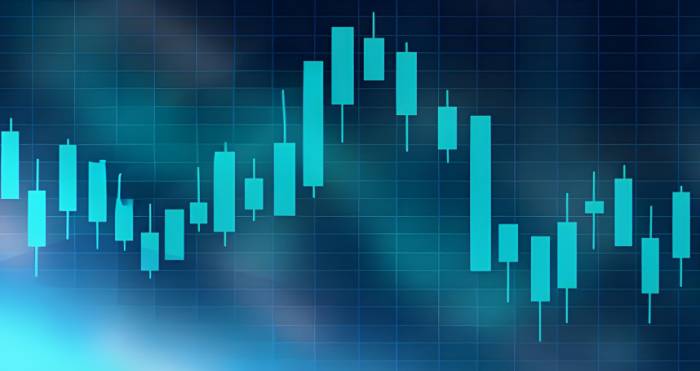
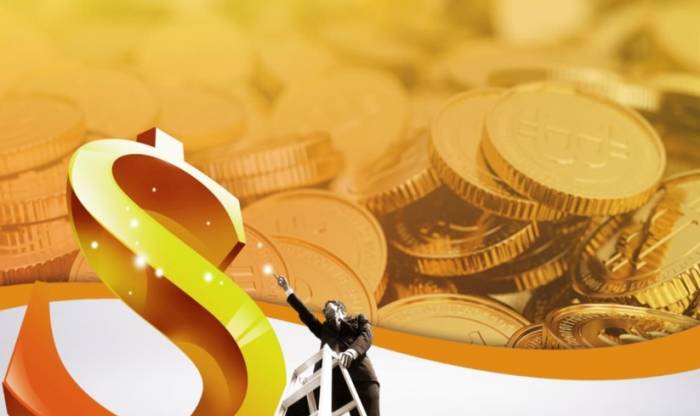
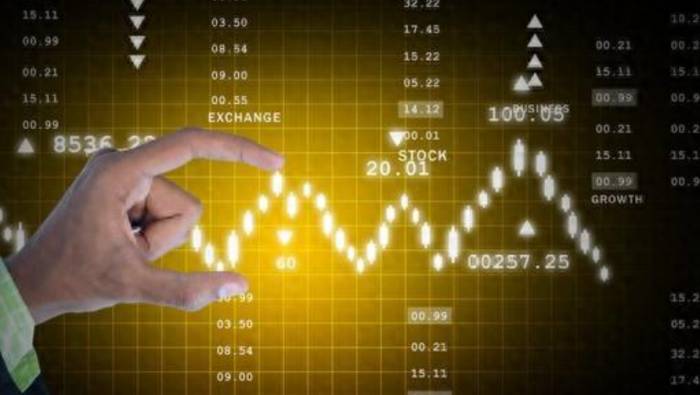
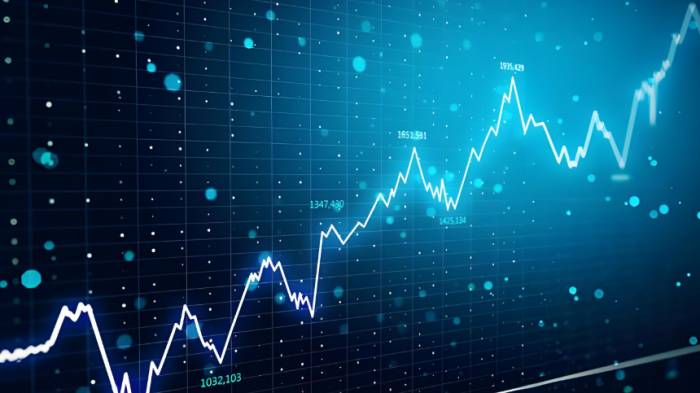
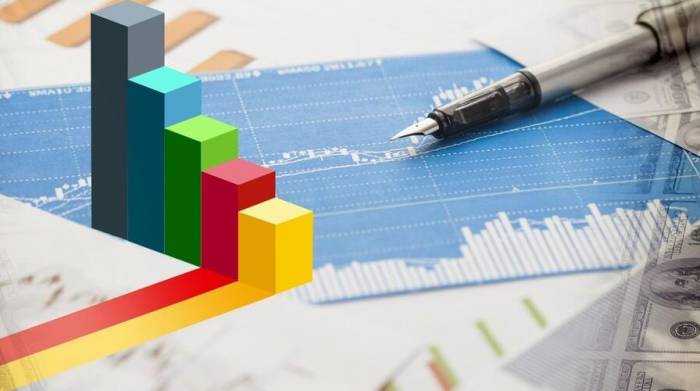
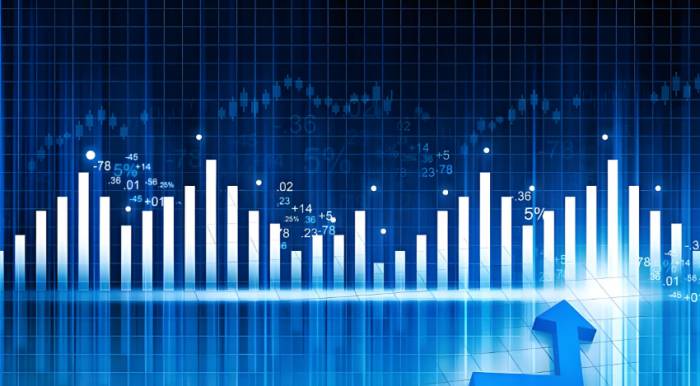
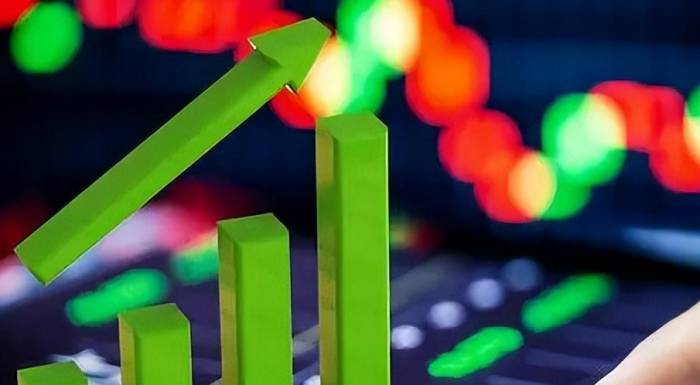

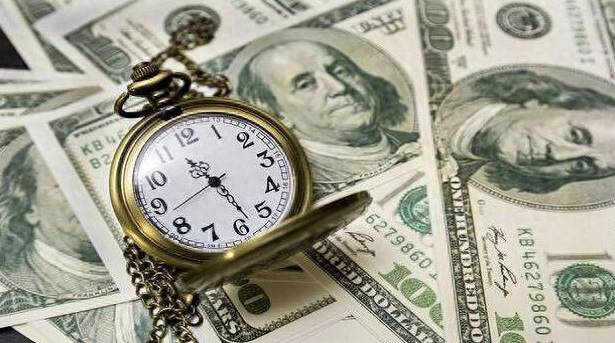

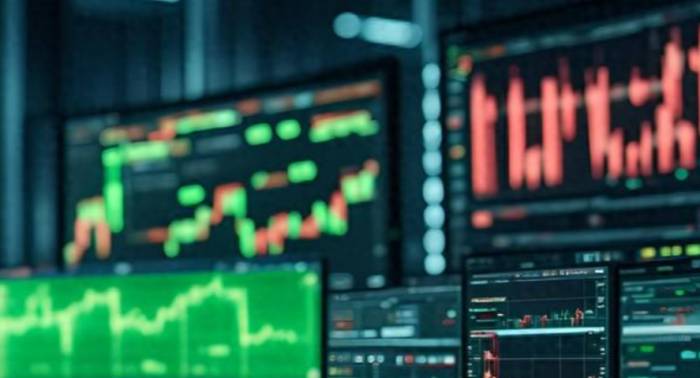
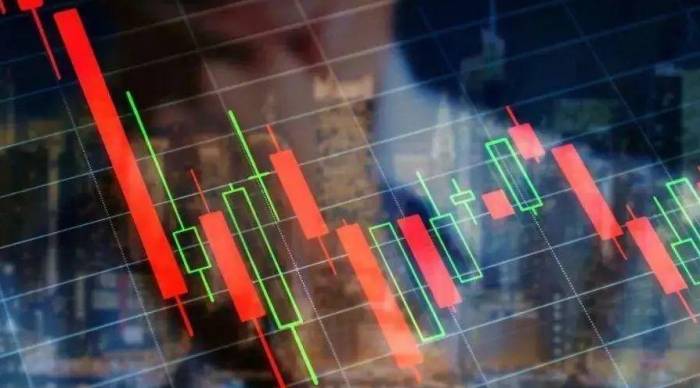
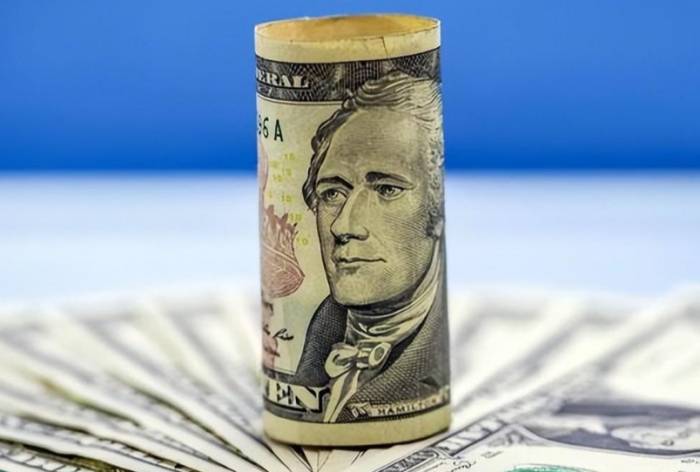
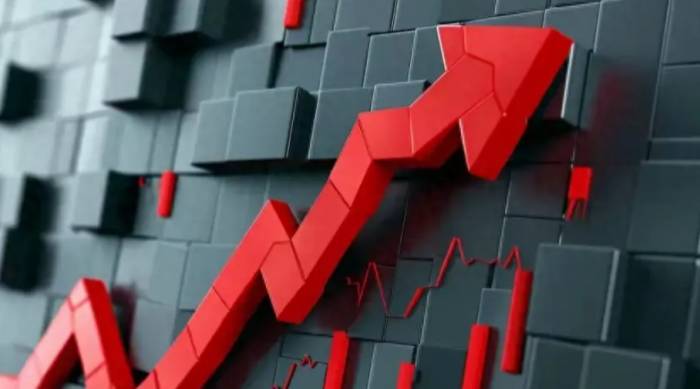

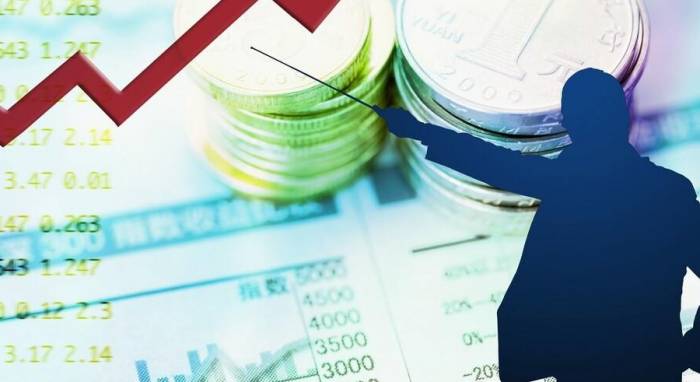
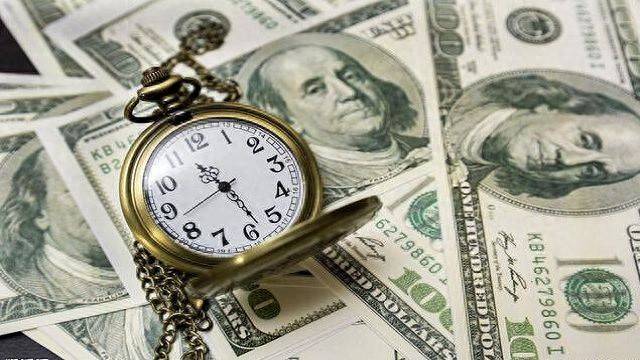





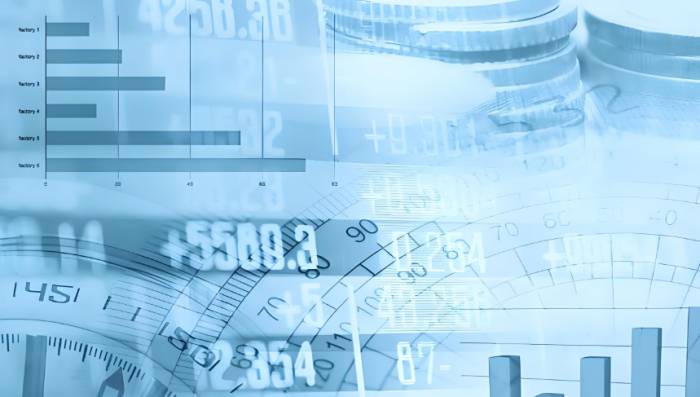
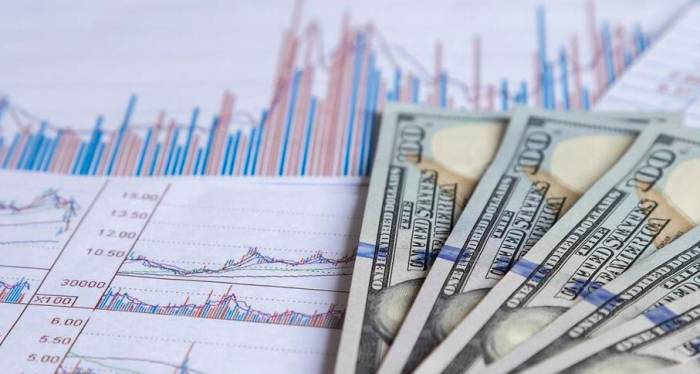


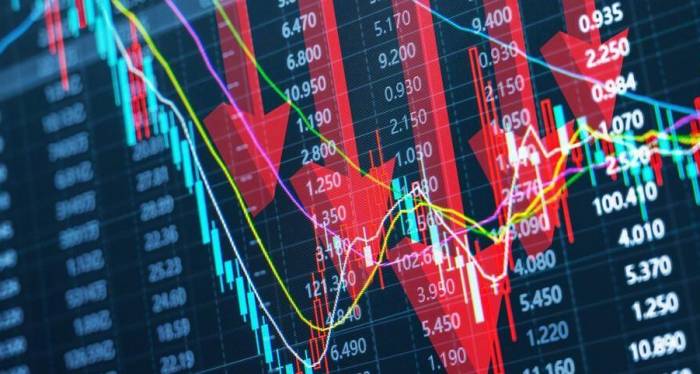

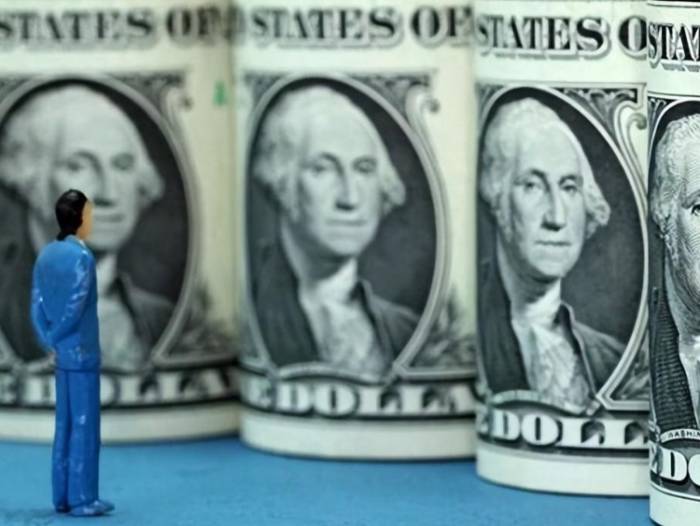
Join the Discussion